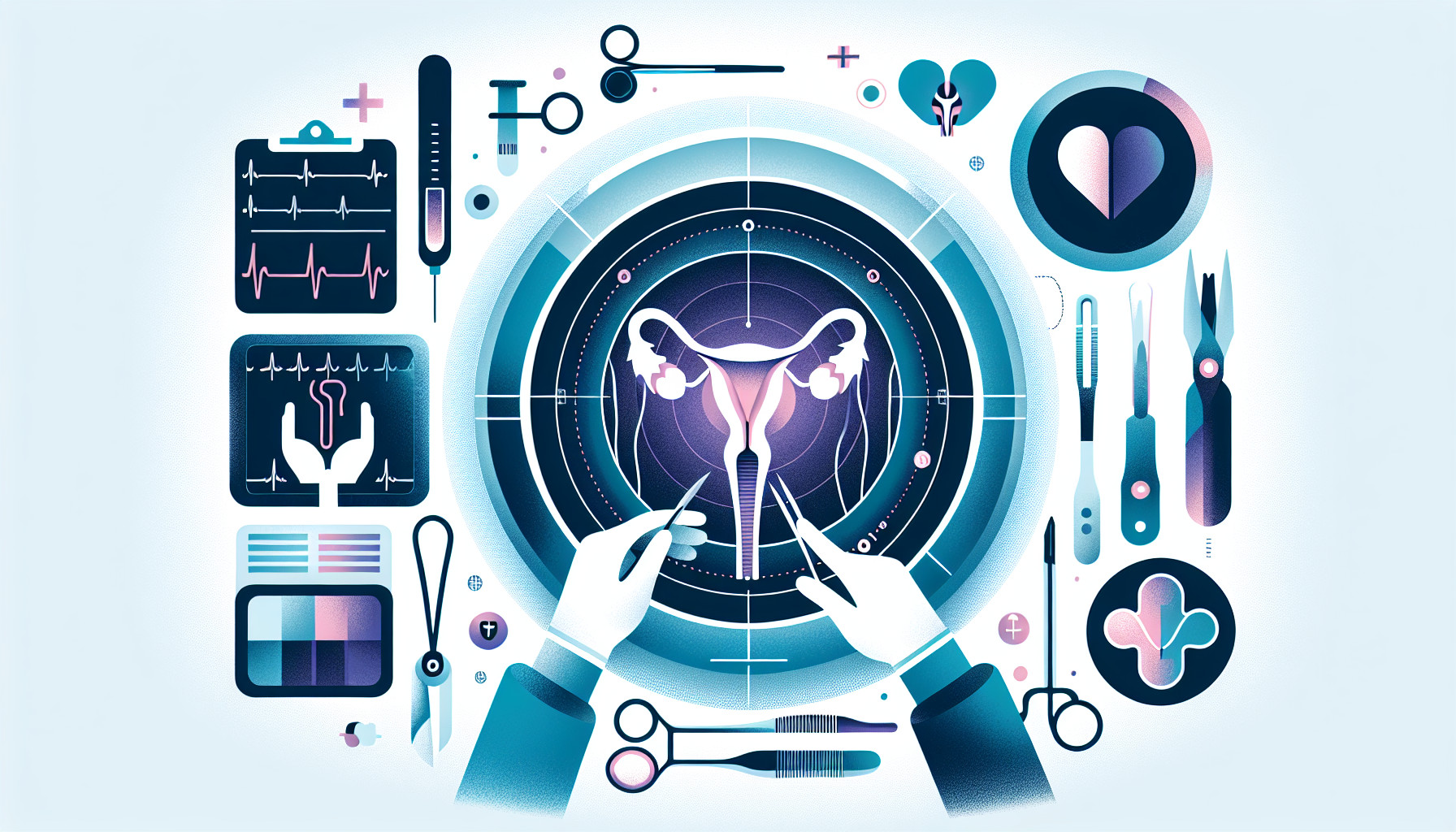Our Summary
This research paper is a thorough review of previous studies comparing the effectiveness and safety of two surgical procedures for treating varicocele, a condition that affects the veins in the scrotum. The two procedures are microsurgery and laparoscopic surgery.
The researchers reviewed 23 studies involving a total of 2247 patients, some of whom had undergone microsurgery and some laparoscopic surgery. The aim was to see which procedure had the best outcomes in terms of complication rates, length of hospital stay, sperm concentration, recurrence rate, operation time, and sperm motility.
The findings showed that microsurgery had some definite advantages. Patients who had this procedure had fewer complications, spent less time in the hospital, had higher sperm concentrations after surgery, and were less likely to have a recurrence of the condition.
However, the two procedures were similar in terms of operation time and sperm motility. In other words, neither procedure was better than the other in these respects.
Overall, the results suggest that microsurgery may be a better choice for treating varicocele than laparoscopic surgery.
FAQs
- What are the two surgical procedures for treating varicocele discussed in the study?
- How did the outcomes of microsurgery and laparoscopic surgery for varicocele compare in the reviewed studies?
- According to the research, which surgical procedure may be a better choice for treating varicocele, and why?
Doctor’s Tip
One helpful tip a doctor might tell a patient about varicocele surgery is to discuss the benefits and potential risks of both microsurgery and laparoscopic surgery with their healthcare provider. It is important to weigh the advantages and disadvantages of each procedure in order to make an informed decision about which option is best for their individual situation. Additionally, patients should follow their doctor’s post-operative instructions carefully to ensure a successful recovery and optimal outcomes.
Suitable For
Patients who are typically recommended varicocele surgery are those who have symptoms such as pain or discomfort in the scrotum, infertility, or abnormal semen analysis results. Varicocele surgery is often recommended for patients with severe symptoms or those who have not had success with other treatments such as medication or lifestyle changes.
Additionally, patients who are planning to undergo assisted reproductive technologies such as in vitro fertilization (IVF) may also be recommended varicocele surgery, as it has been shown to improve sperm quality and increase the chances of successful pregnancy.
It is important for patients to discuss their symptoms and treatment options with a urologist or fertility specialist to determine if varicocele surgery is the best course of action for their individual case.
Timeline
Before varicocele surgery, a patient may experience symptoms such as pain or discomfort in the scrotum, swelling, and infertility. They may undergo diagnostic tests such as ultrasound to confirm the diagnosis of varicocele.
After varicocele surgery, the patient may experience some pain and discomfort in the scrotum, which can be managed with pain medication. They may also be advised to wear a scrotal support or avoid strenuous activities for a period of time to aid in the healing process.
In the weeks and months following surgery, the patient may notice an improvement in their symptoms, such as decreased pain and swelling. They may also experience an increase in sperm concentration and motility, which can improve fertility outcomes.
Overall, varicocele surgery can lead to improved symptoms and fertility outcomes for patients with this condition. It is important for patients to follow their healthcare provider’s recommendations for post-operative care to ensure a successful recovery.
What to Ask Your Doctor
Some questions a patient should ask their doctor about varicocele surgery include:
What are the potential risks and complications associated with both microsurgery and laparoscopic surgery for varicocele?
How long will I need to stay in the hospital after the surgery?
What is the success rate of each procedure in terms of improving sperm concentration and motility?
What is the likelihood of the varicocele recurring after surgery?
How long is the recovery process for each procedure, and when can I expect to return to normal activities?
Are there any specific factors that make one procedure more suitable for me than the other?
What is the experience of the surgical team in performing varicocele surgeries, particularly the procedure recommended for me?
Are there any alternative treatment options available for varicocele besides surgery?
Will I need to undergo any additional testing or evaluations before the surgery?
How frequently will I need to follow up with the doctor after the surgery for monitoring and evaluation of the results?
Reference
Authors: Wang H, Ji ZG. Journal: J Invest Surg. 2020 Jan;33(1):40-48. doi: 10.1080/08941939.2018.1474979. Epub 2018 Oct 19. PMID: 30339469
